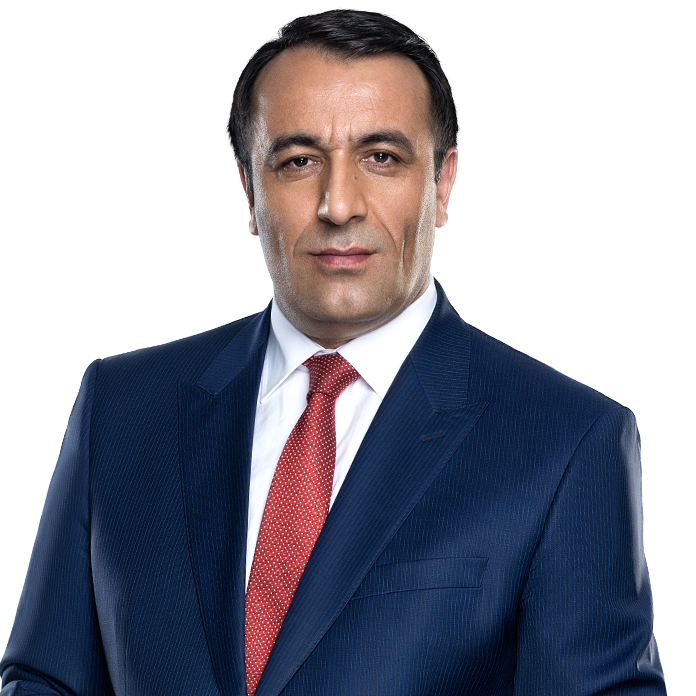Complaints over the inefficiency of the global economic system are on the rise.
The global system does not only not fulfill its duties to present institutions, it also plays deaf to calls of reform.
Global economic institutions are failing to fulfill their duties.
The IMF cannot prevent financially crippled countries from plunging into a crisis, nor is it able to protect these countries.
Furthermore, it has deepened the crises in the countries that it has lent money to within the context of its standby agreement.
Isn’t this the reason a myriad of countries have signed standby agreements with the IMF several times?
The World Bank is giving out long term loans for countries’ infrastructure, but when we take a look at Africa, we can see all the “good” that it has done for the continent since 1945.
What progress has the World Trade Organization made in terms of fair trade since it was established in the 1990s?
How can we explain the wheels of world trade, the trade wars turning in favor of developed countries, primarily the U.S.?
And what are the poor countries, the developing countries to do while the tides of trade turn against them?
Do they, like China, have the opportunity to sit at the negotiation table with countries like the U.S.? Of course not, and hence they are helpless.
While there is no obstacle in the export of industrial products to poor countries, they are able to bypass trade rules by applying “protectionist” methods when it comes to exporting agricultural products to developed countries because they make the rules.
When the rules are against their interests, then changing them has become the new rule. How can such a trade order ever be just?
With the lack of timely action on the part of the United Nations or Security Council during times of political instability many underdeveloped countries which have been experiencing political turmoil have plunged into chaos.
Political instability and an atmosphere of chaos has led to the collapse of economies of underdeveloped countries, hence rendering them even poorer than they initially were.
Meanwhile, the fact that demands for reform are being unmet in the global trade system is giving rise to the world’s most burning problems: poverty, unemployment and the unfair distribution of income.
On the one hand, low growth rates in economies is a red flag or unemployment, and on the other, it makes it difficult to allocate resources to the poor within the scope of social welfare.
The worst of part it all is that these are the very same institutions which point to a new stagnation in the global economy due to the instability the world will be plunged in because of increasing inequality in global finance sectors, capital consolidated in the hands of certain groups alone and geopolitical risks.
These institutions, which hold the cards of global economy in their hands, are very much aware that the world economy is not on the right path with regards to the established organizations and norms.
The answer to this question rests on the expectations of developed countries who are the real owners of these institutions.
Reform demands are impossible to meet for now since the current economic order has been established in favor of developed countries.
As the power balance tips in favor of developing countries, the possibility of these institutions actualizing these increasing demands will also speed up.
This is also the case when various countries that carry an economic weight have their say in the solution of certain interstate political matters and crises.




















